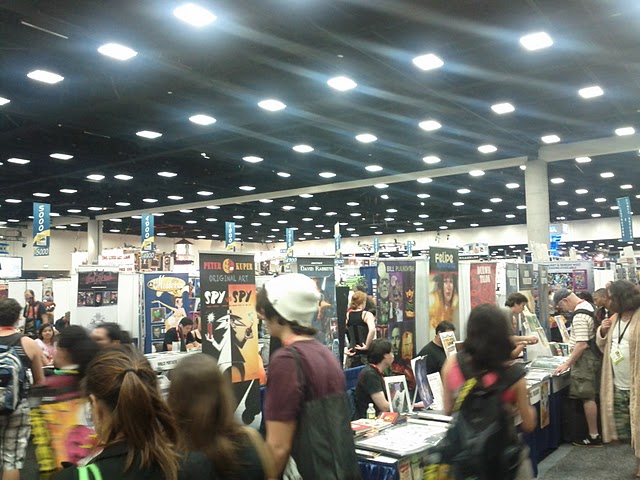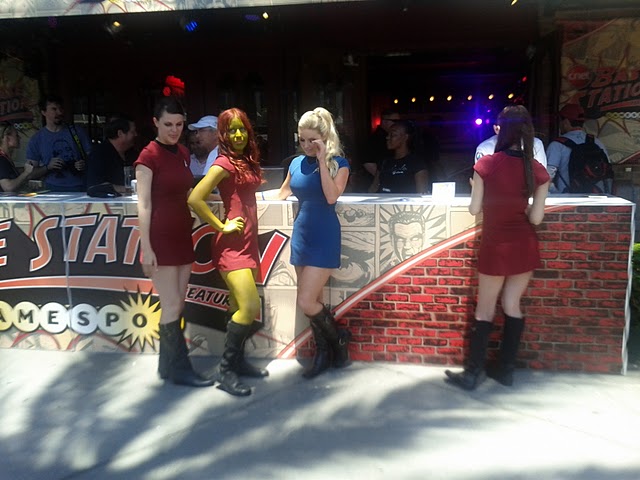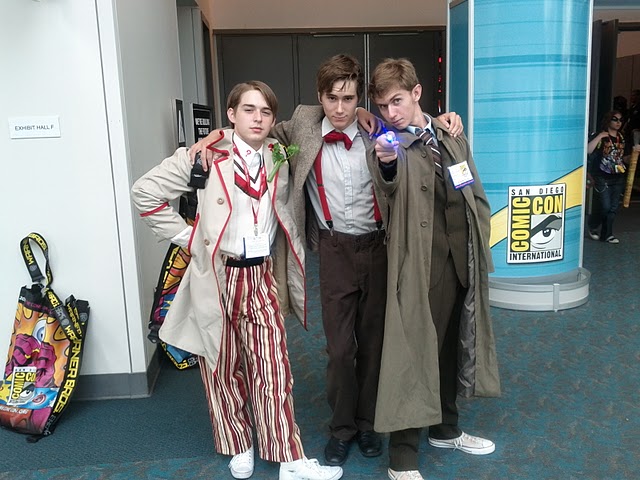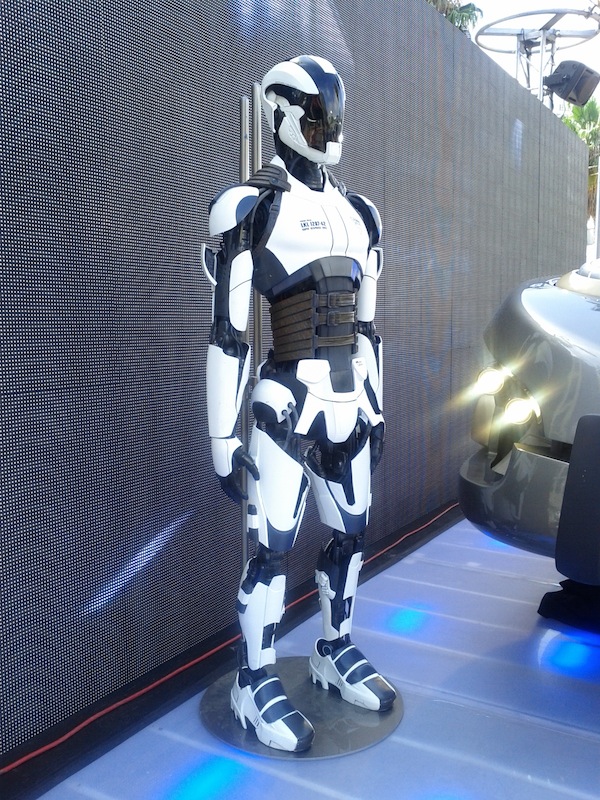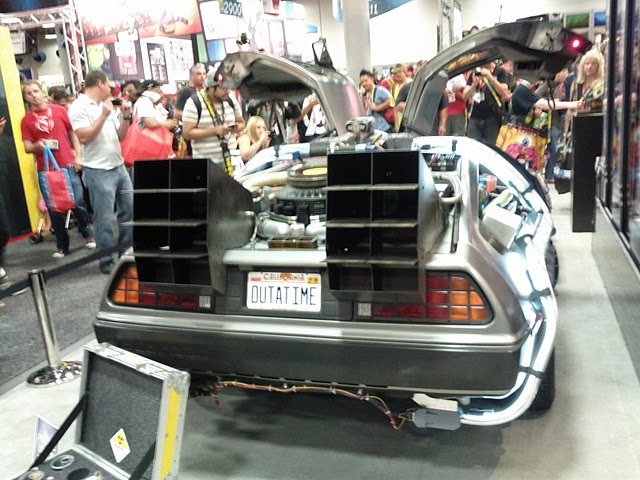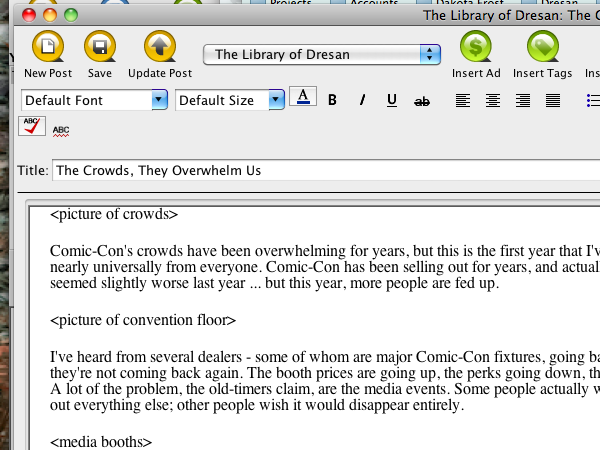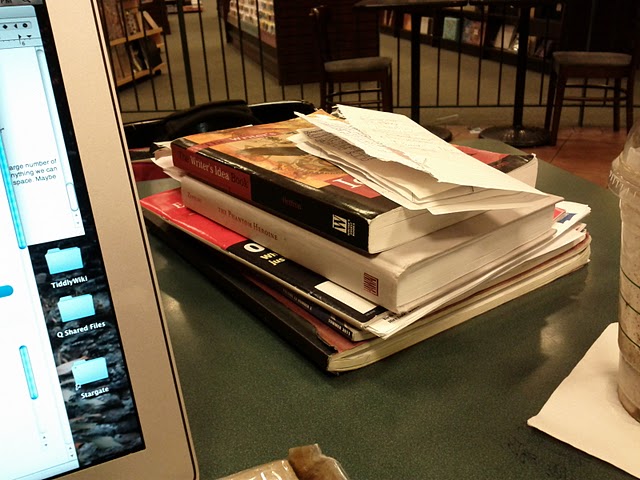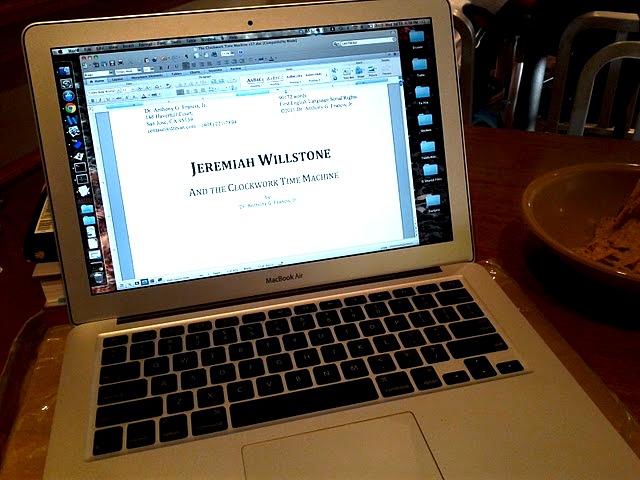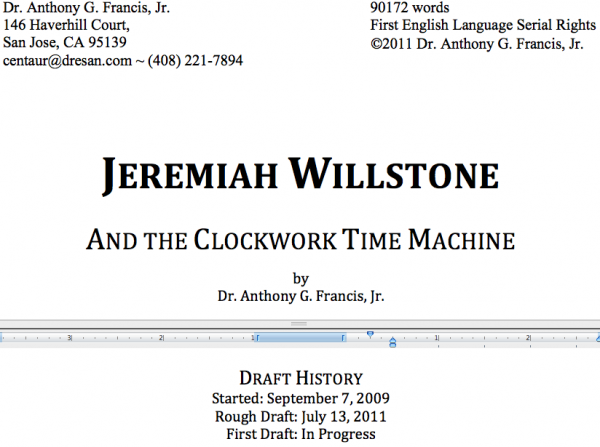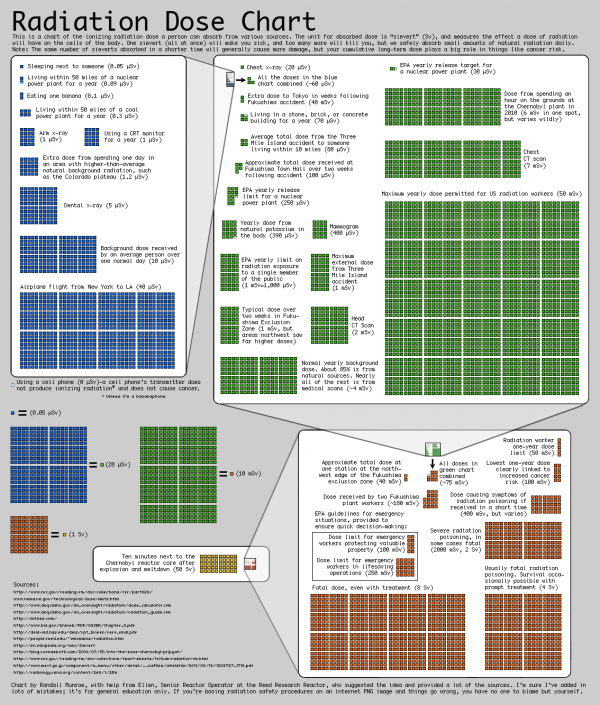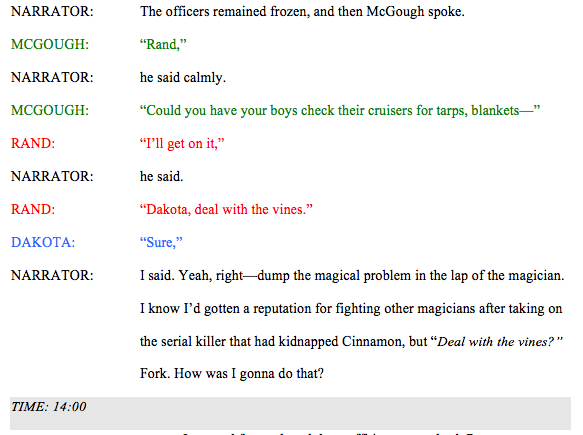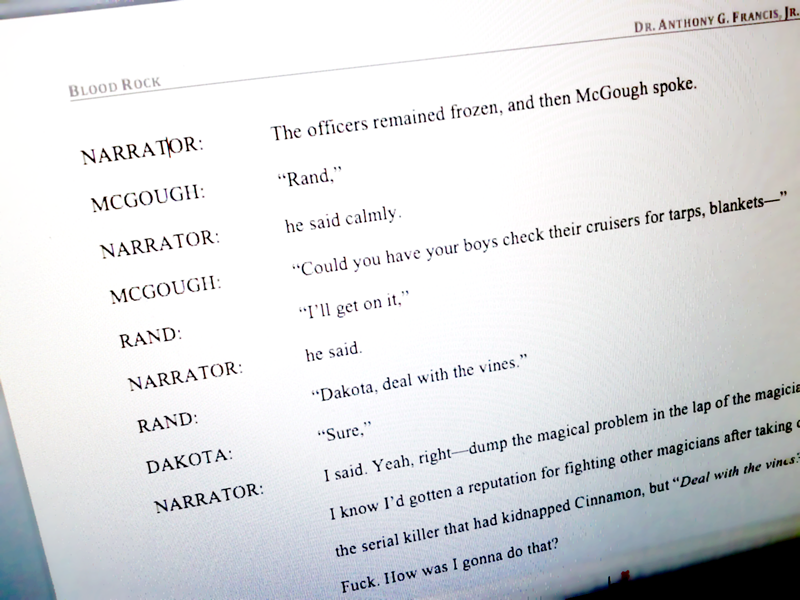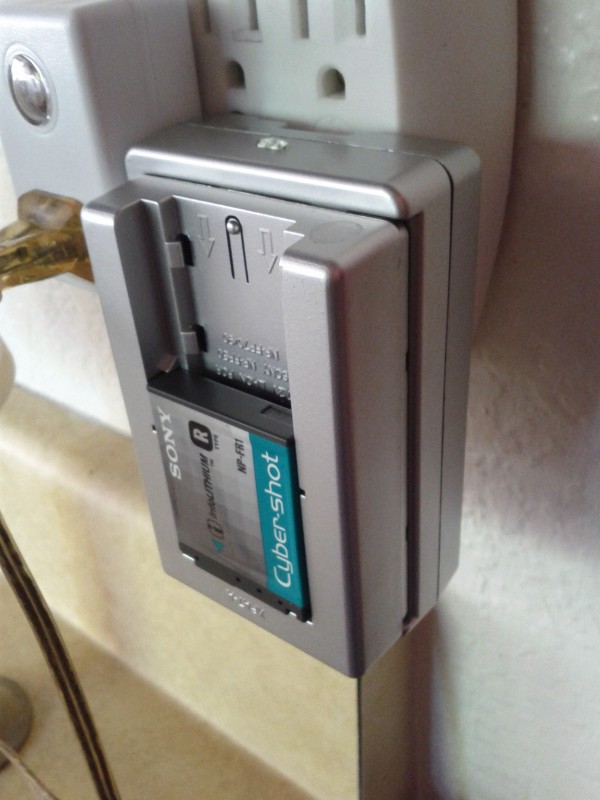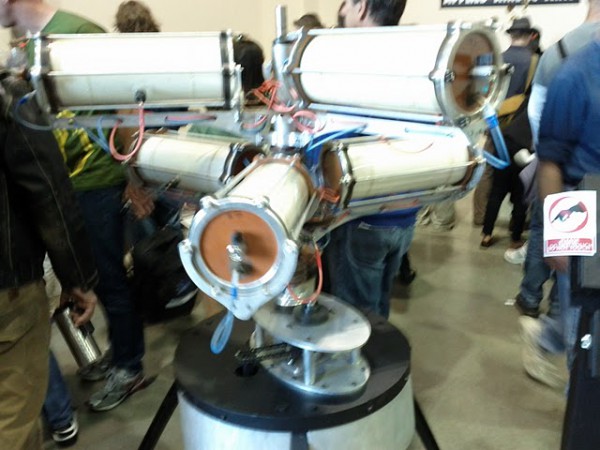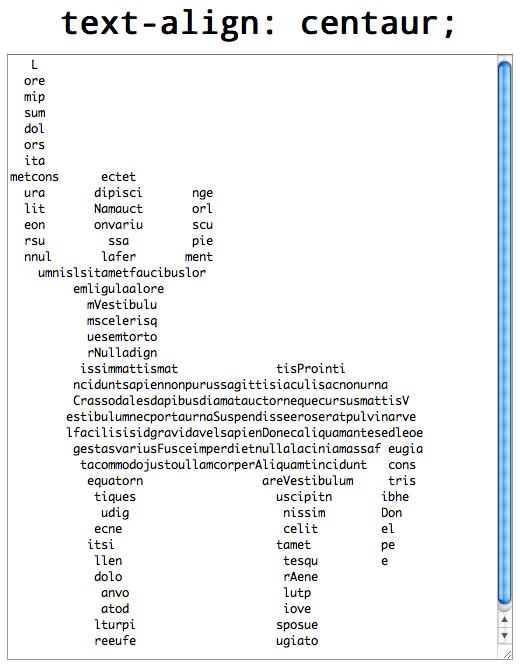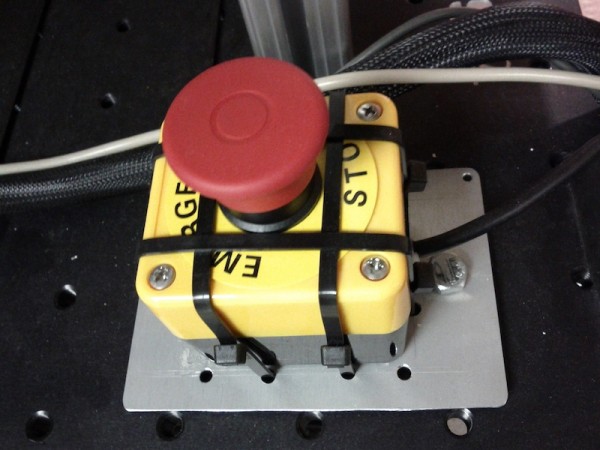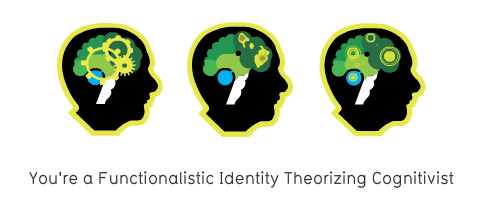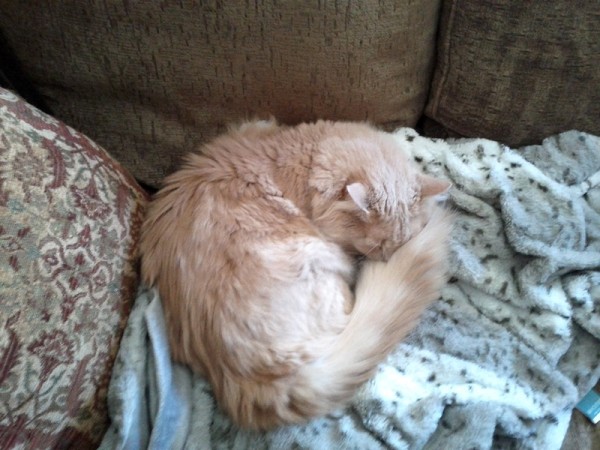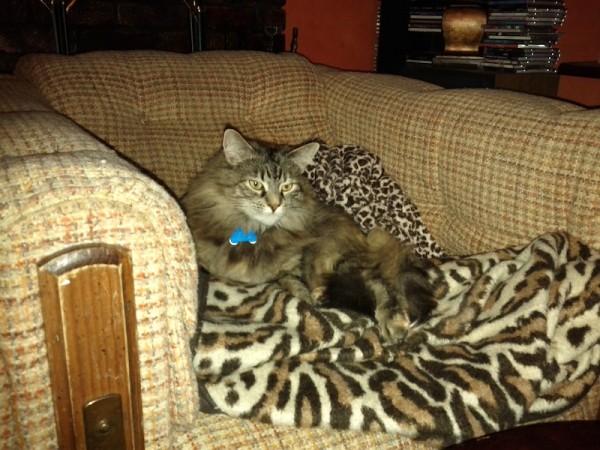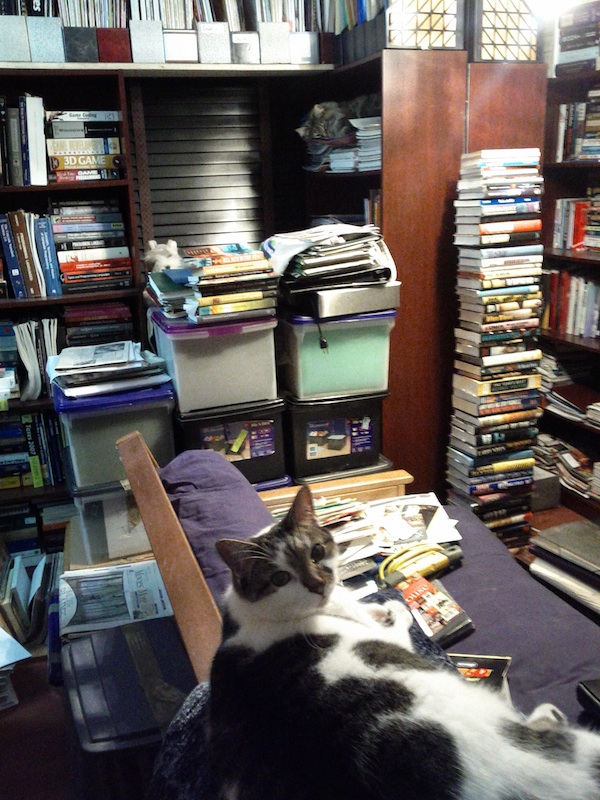
Recently I was asked about how I plot books:
I was wondering if you could help me out a bit. I've always wanted to create my own comicbook from my own design and mind but I always, I mean ALWAYS have problems coming up with and sticking with a good plot. I can make the basis of the story, the characters, the world and different terms and creatures but I can never stick with a plot or make a good one that I know will drive the story. Could you give me any advice on these things or some pointers on how to make a really great story I could draw out? I'm so close to it blossoming I can taste it!
Great question! I'm not sure I'm the best person in the world to answer it - my first pointer to anyone on plot would be
Ayn Rand's The Art of Fiction - yes, I know, it's
Ayn Rand, but if you're one of those idiots who can't see past your unjustified distaste for her political philosophy, well, then you deserve to miss out on her opinions in other areas which might prove of more value to you despite your disagreements - but I do think about plot quite a bit, so I'll give it a go.
A lot of what I do is simply write cool scenes I enjoy ... and then think hard about who's the protagonist and what's their major conflict. Once you know, for example, the protagonist is a magic tattoo artist, that suggests she's going to be in conflict over some tattoo related thing - like someone skinning people who have tattoos. Once you know the conflict, then you can design the climax - well, your tattoo artist will eventually have to meet the evil skinning person, who will want to make her a victim. That basic strategy - write stuff that's fun, figure out who the protagonist really is, find what conflict they're embroiled in, design the final conflict, then work backwards from there - has worked very well for me.
Why take this approach, rather than, say, starting with some theme and working back from there.
Start with an abstract goal? Yuk! That might work for nonfiction but in fiction it's a recipe for heartless exercises in craft - and craft can't sell a story. The instant someone notices you're telling a story on skill alone, you're done. There are prominent authors I can't read anymore because I realized they had some point they were driving to and were using all of their craft to get me there ... even though there was no reason to go there in the first place. That might work in a movie with a lot of explosions, but it's not going to sustain a 300 page book.
So. I need concrete events, realized situations with full-bodied characters where interesting things are happening. In short, I need to be entertained - in my writing most of all. That's why I start with "cool scenes" - I write to entertain myself first, so I have to write what I enjoy writing. But I want others to enjoy it too - someone once said the hallmark of a great writer is that they take what they find interesting and make it interesting to other people. To do that, to make my stories interesting to people not invested in my characters, I need to create a strong conflict that will engage. And to do so, I listen to the story.
Whether the story features a tattoo artist accosted by a werewolf deep in the Lovecraftian underbelly of Atlanta - or that same tattoo artist and her adopted weretiger daughter out school shopping in the sun - those first key scenes of the story, those first inspirations, will tell you what belongs in the story. If the story begins with Dakota school shopping with Cinnamon, then some part of the story
must hinge on Cinnamon and Dakota in a school - or that scene's got to go. If the story features a magic tattoo artist investigating magic graffiti, then some part of the story
must hinge on our tattoo artist confronting the graffiti artist. And for the story to really be interesting, something important
must be at stake - generally, life has to be on the line in the kind of melodramatic action adventures I write, but it can be more subtle if you're writing something more subtle.
One famous way of looking at this idea is
Chekov's Gun - "If in the first act you have hung a pistol on the wall, then in the following one it should be fired. Otherwise don't put it there."
Ayn Rand's take on this is similar: you should decide on your theme (what your story is about), then your plot-theme (what type of events realize your theme), then your conflict (what is being fought over in the plot) then the plot itself (the actual sequence of events) which will then dictate the characters, scenes and settings in your story.
I believe in the same causal structure, but prefer the opposite order. I let my subconscious play scenes out I find entertaining, and then let the characters and the situations tell me who they are, what conflicts they encounter, and what themes I should explore.
You have to find your own way of doing things, of course; every writer is unique, and it's your unique story and vision that matter. Whatever you have to do - outline or no outline, start from the beginning or write backwards for the end - just do it.
Just write, and eventually it will all sort itself out.
-the Centaur
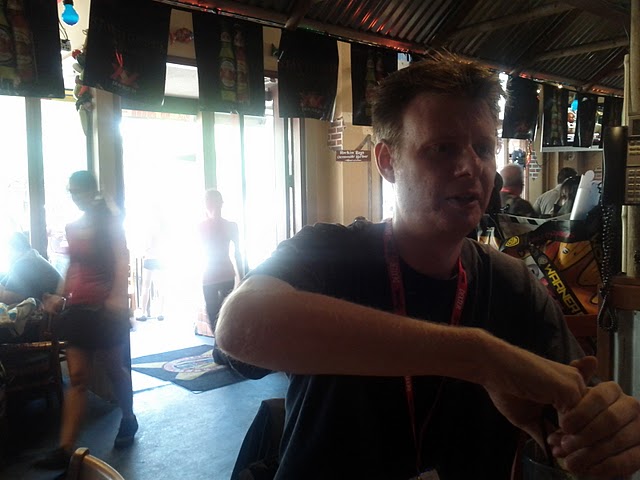 At Comic-Con I catch up with a lot of old buddies, particularly one of the Edge who's solidered through many drafts of my early stories.
He's got a script he's working on, and is making a lot of progress. In contrast we know a friend who's written a dozen scripts and is making no progress at all. Why?
One of the conclusions we came to is that it's important to accept criticism of your work. Timely feedback is critical to improved performance - but you must respond to it.
I think writers should put down all their dumb ideas and then convince everyone that they're brilliant. Your quirky ideas are your contribution - I mean, who'd think a story about a naked blue guy and a homeless vigilante investigating a murder would make one of the greatest comics of all time, but hey, that's Watchmen.
But you've got to sell those ideas. "Ideas are a dime a dozen, but a great implementation is priceless." So if you show someone your story with a naked blue superhero and they don't buy it - you have to fix your story.
That doesn't mean you take out the naked blue guy, even if your critics want you to. It's your story, and just because it doesn't work for someone they may not know the right way to fix it. It's up to you, the author, to figure out how to solve the problem.
Readers give bad advice about how to fix stories because people are notoriously bad at introspection. If someone gets a funny bad feeling about the manuscript, they may latch on to the most salient unusual feature - not realizing it's the bad dialogue or structure which gives them indigestion.
But authors are also notoriously bad at accepting criticism because they take the criticism as a personal attack. But if you get criticism on your story, you've done a great thing: you've produced a story that can be evaluated.
Authors are also bad at accepting criticism because they have fragile little egos. But you can't afford to explain everything away. If people are complaining about your story, they did so for a reason. You need to figure out what that is - and it's your problem, not theirs.
So, if you get criticism on your story you don't think is fair, you get one --- ONE --- chance to explain yourself. If your critic doesn't immediately get it, then --- even if you don't agree --- say, "Yes, thank you, I'll take it under advisement."
Then put it in your trip computer and remember it for later. If others see the same thing, you have a problem. If you personally start to feel even slightly the same way, you have a BIG problem.
But your biggest problem is not taking criticism at all. Me and my friend have encountered a fair number of leaders whose egos are so fragile they've insulated themselves from all criticism.
You can still achieve some degree of success in an echo chamber if you're willing to critique yourself and you have high artistic standars. But usually it just makes for unnecessarily flawed stories, movies and products - and an unnecessary slide towards the dustbin when your ideas stop working.
So if you're lucky enough to have someone who reads your pre-baked work and gives you feedback, listen carefully, explain at most once, and take the criticism gracefully. Your art will be the better for it in the long run.
At Comic-Con I catch up with a lot of old buddies, particularly one of the Edge who's solidered through many drafts of my early stories.
He's got a script he's working on, and is making a lot of progress. In contrast we know a friend who's written a dozen scripts and is making no progress at all. Why?
One of the conclusions we came to is that it's important to accept criticism of your work. Timely feedback is critical to improved performance - but you must respond to it.
I think writers should put down all their dumb ideas and then convince everyone that they're brilliant. Your quirky ideas are your contribution - I mean, who'd think a story about a naked blue guy and a homeless vigilante investigating a murder would make one of the greatest comics of all time, but hey, that's Watchmen.
But you've got to sell those ideas. "Ideas are a dime a dozen, but a great implementation is priceless." So if you show someone your story with a naked blue superhero and they don't buy it - you have to fix your story.
That doesn't mean you take out the naked blue guy, even if your critics want you to. It's your story, and just because it doesn't work for someone they may not know the right way to fix it. It's up to you, the author, to figure out how to solve the problem.
Readers give bad advice about how to fix stories because people are notoriously bad at introspection. If someone gets a funny bad feeling about the manuscript, they may latch on to the most salient unusual feature - not realizing it's the bad dialogue or structure which gives them indigestion.
But authors are also notoriously bad at accepting criticism because they take the criticism as a personal attack. But if you get criticism on your story, you've done a great thing: you've produced a story that can be evaluated.
Authors are also bad at accepting criticism because they have fragile little egos. But you can't afford to explain everything away. If people are complaining about your story, they did so for a reason. You need to figure out what that is - and it's your problem, not theirs.
So, if you get criticism on your story you don't think is fair, you get one --- ONE --- chance to explain yourself. If your critic doesn't immediately get it, then --- even if you don't agree --- say, "Yes, thank you, I'll take it under advisement."
Then put it in your trip computer and remember it for later. If others see the same thing, you have a problem. If you personally start to feel even slightly the same way, you have a BIG problem.
But your biggest problem is not taking criticism at all. Me and my friend have encountered a fair number of leaders whose egos are so fragile they've insulated themselves from all criticism.
You can still achieve some degree of success in an echo chamber if you're willing to critique yourself and you have high artistic standars. But usually it just makes for unnecessarily flawed stories, movies and products - and an unnecessary slide towards the dustbin when your ideas stop working.
So if you're lucky enough to have someone who reads your pre-baked work and gives you feedback, listen carefully, explain at most once, and take the criticism gracefully. Your art will be the better for it in the long run.
 -the Centaur
-the Centaur


